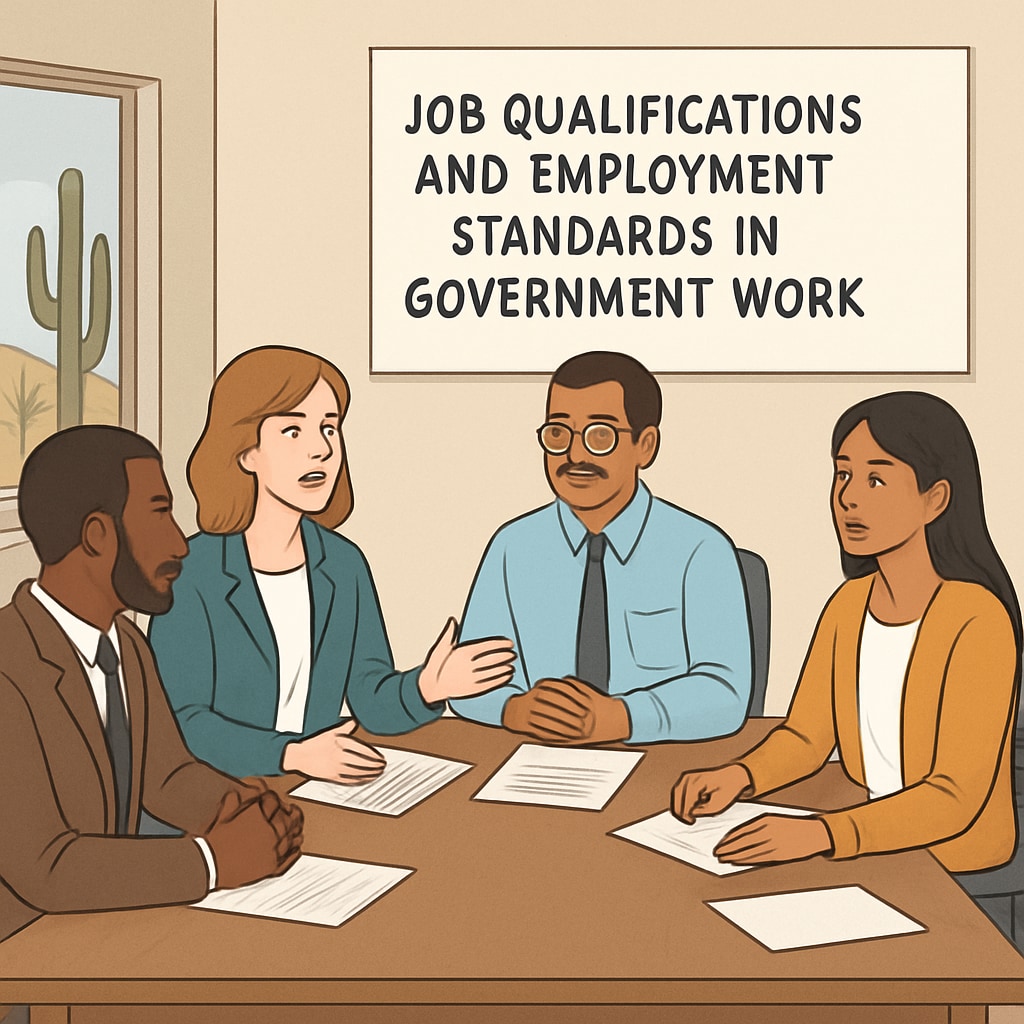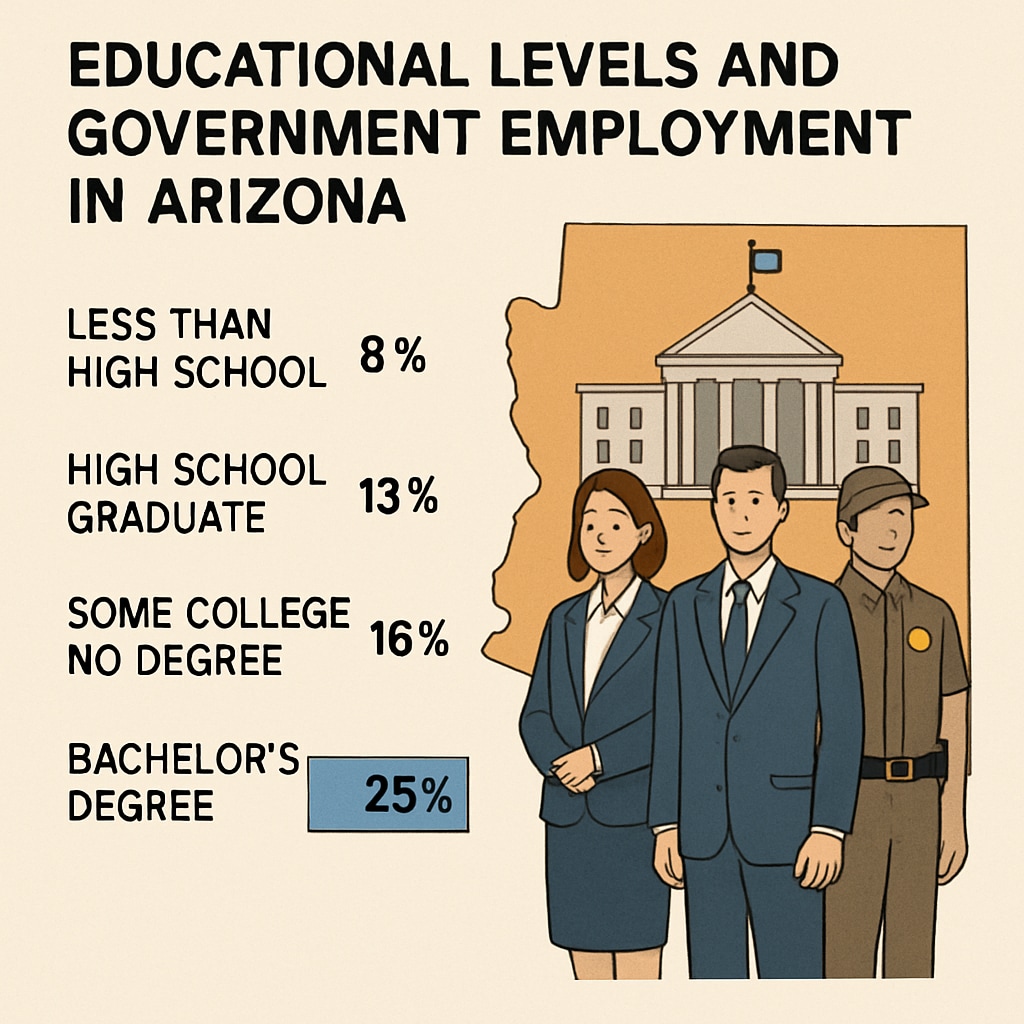In Arizona’s government job market, employment qualifications have taken a controversial turn. Recent policies prioritize high school diplomas over advanced college degrees, leading to debates about the value of higher education in government work. For instance, individuals with multiple college degrees might find themselves excluded from opportunities because they lack a high school diploma. Such policies raise questions about the consistency between educational achievement and employment standards, and their implications for the workforce and society as a whole.
When Employment Qualifications Clash with Education
Arizona’s approach to employment qualifications challenges conventional assumptions about education. While higher education is often considered a stepping stone to better career opportunities, the state government’s requirements seem to flip this idea on its head. Applicants must possess a high school diploma, even if they hold advanced college degrees. This creates a paradox: how can higher education lose relevance to a basic qualification?
Supporters of the policy argue that high school diplomas demonstrate foundational skills and educational consistency, which are critical for certain government roles. However, critics contend that such policies disregard the broader competencies acquired through college education and undermine the importance of lifelong learning.

The Broader Impact of Arizona’s Employment Policies
The implications of these employment policies extend far beyond individual job seekers. They raise concerns about how society values education and what messages are being sent to future generations. For example, young people might question the necessity of pursuing higher education if foundational qualifications like a high school diploma are deemed more valuable in certain sectors.
Moreover, these policies could have ripple effects on Arizona’s economy. By limiting access to government jobs for individuals with advanced degrees, the state risks losing out on highly skilled professionals who could otherwise contribute to public service innovations and efficiency.
To illustrate, research from authoritative sources such as Britannica on education highlights the importance of aligning educational attainment with professional growth. This mismatch in Arizona could lead to dissatisfaction among job seekers and a talent drain to other states.

Steps Toward Resolving the Educational Paradox
Resolving the disconnect between Arizona’s employment qualifications and educational achievements requires a multi-faceted approach. Some potential steps include:
- Re-evaluating hiring policies to reflect the value of both foundational and advanced education.
- Including flexibility in employment requirements to accommodate varied educational paths.
- Conducting studies to assess how these policies impact public sector efficiency and workforce diversity.
In addition, experts suggest that policymakers should consult educational organizations and workforce development agencies to create balanced standards. For instance, insights from Wikipedia on education policy underline the importance of tailoring hiring practices to meet both institutional needs and individual capabilities.
Ultimately, reforming these policies could ensure that Arizona remains competitive in attracting top talent while fostering a workforce that values both foundational and advanced education.
Conclusion: Rethinking Employment Qualifications
Arizona’s employment policies bring to light deeper questions about the alignment between education and job opportunities. While high school diplomas are undeniably important, dismissing the value of higher education could hinder the state’s ability to build a skilled and diverse workforce. By recognizing the contributions of all educational levels and revising outdated policies, Arizona has the potential to set a precedent for other states to follow. Employment qualifications should reflect the evolving nature of education and work, ensuring fairness and inclusivity for all.
Readability guidance: This article uses short paragraphs, active voice, and clear transitions. Lists are included for clarity, and overuse of long sentences has been avoided. Images are strategically placed to complement the text.


